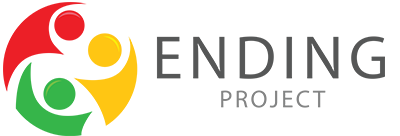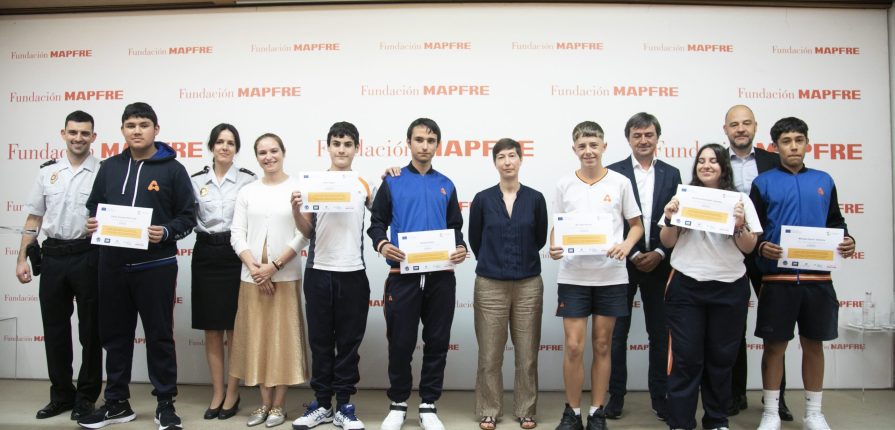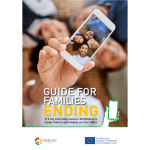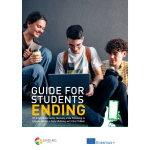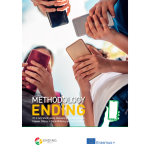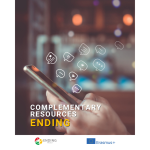On 14th June 2023, all the intellectual outputs of the ENDING project were presented in Madrid, coinciding with a Multiplier Event. The creation of a methodology that enables schools to reduce early school leaving caused by the negative effects of the wrong use of connected technologies was the commitment made by all partners involved in the ENDING Project. These intellectual outputs are from now available in the official languages of the project (English, Portuguese, Spanish and German). From this website, the project will remain accessible for interested schools to use these contents, transform and improve them.
Throughout the thirty months that this project has lasted, we have joined efforts, solved problems and improved in many aspects the initial project.
The ENDING PATH
The starting point was the analysis of the state of the art of studies and projects linking the risks of digital technologies and early school leaving at European level. At that time, we realized that, although both issues are of great social and media relevance separately, there were not enough lines of research working directly on the consequences of their interaction.
The second stage was the conceptual design, timing and creation of the contents of the three guides that would make up the ENDING methodology: the Guide for teachers, the Guide for families and the Guide for students. The creation of each of them was accompanied by countless meetings, discussions and contributions from all partners.
As important – and complex – as the creation of the contents, was the realization of the workshops in the four schools (two in Spain and two in Portugal) in which to test the first two guides (teachers and families) and to train the first groups of student assistants.
It was essential that the contents of the Guide for teachers were tested so that, the following school year, the “role model students” could be trained and create the contents for the Guide for students with which to train their younger colleagues.
The time required to develop a project of this nature had to coexist with the deadlines of the school calendar in both countries and, all of this, with the health situation that we are all familiar with.
The last phase was the creation and edition of the Guide for students and the creation of a document not initially foreseen (ENDING Methodology) to support the implementation of the ENDING program in the future.
The unquestionable success of this project has been based on the collaboration of all the entities that have made up the consortium, all of them references in their countries and fields of action, and on the extraordinary technical qualifications of all the people who have taken part and contributed their work.
ENDING Consortium
